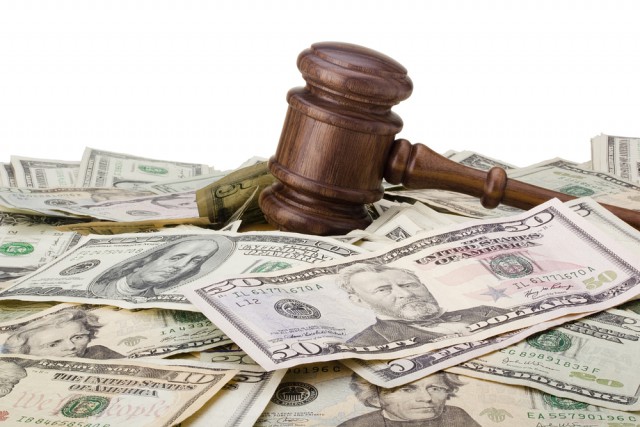
Apple and Samsung return to the U.S. courts –- here we go again
Apple’s stunning $1.05 billion victory over Samsung in August might have had the fanboys punching the air in delight, and left the South Korean company reeling, but it was never going to be the end of the matter. While patent battles continue to rage in other countries, all eyes are still on the U.S. courts as the two rivals square up once more for a second round.
Apple was back in court yesterday to defend its billion dollar award and persuade U.S. District Judge Lucy Koh to permanently ban a number of older, infringing Samsung devices. Samsung for its part is trying to get the figure awarded against it reduced, or for the verdict to be dismissed (and a new trial arranged) following alleged juror misconduct. The jury foreman, Velvin Hogan, was sued by his former employer Seagate Technology in 1993, and as Samsung holds a stake in that company, lawyers for the South Korean giant argued Hogan’s failure to disclose the issue brought into serious question his impartiality.
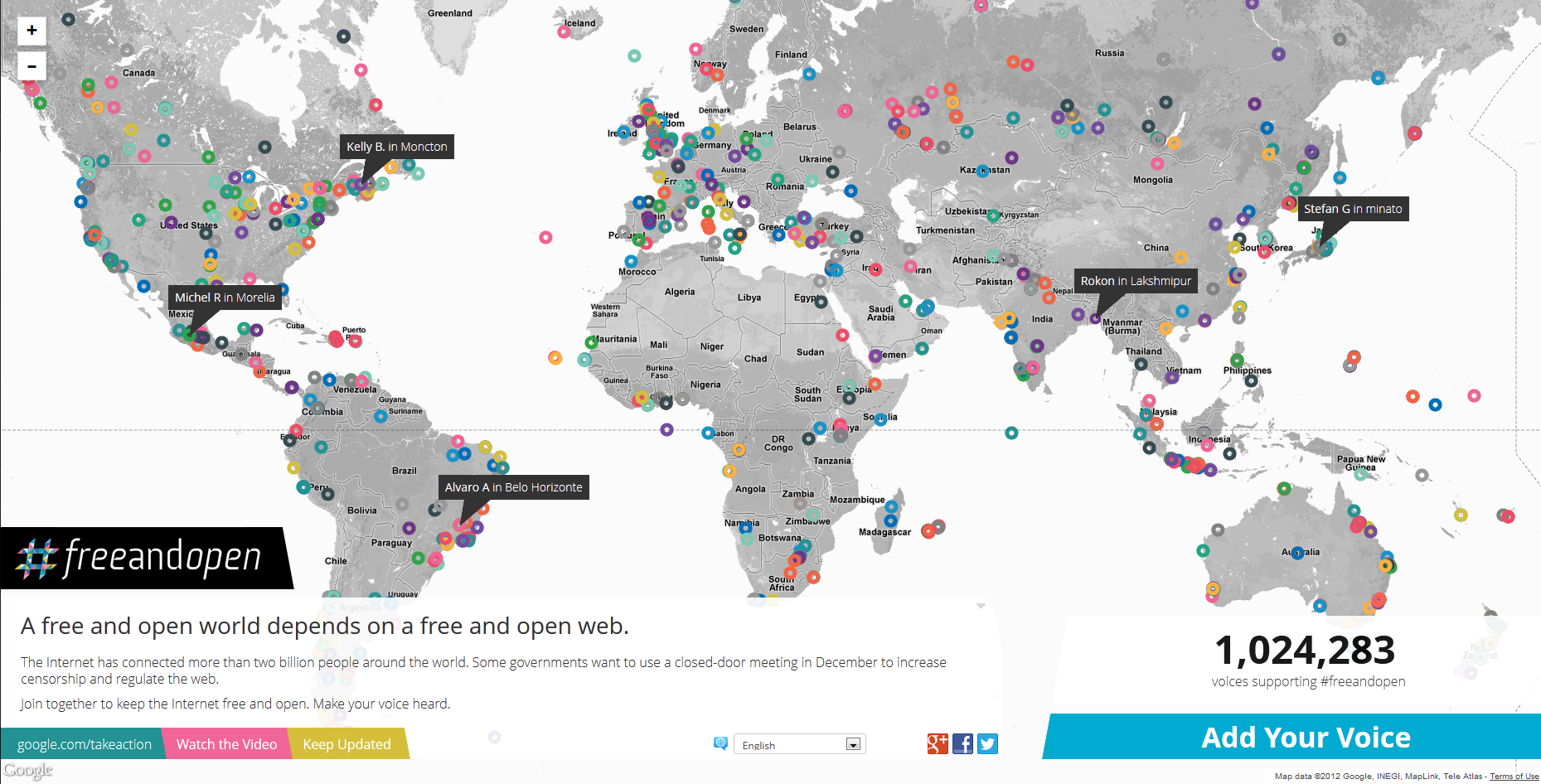
Google pushes to keep the internet free and open
It’s no secret that a lot of the world’s governments want the internet to be regulated. Two months ago, I wrote an article on how the Saudi government, fired up by The Innocence of Muslims video that YouTube was refusing to pull, had made a submission to the World Telecommunications Policy Forum, calling for the creation of a new overseer designed to censor offensive content on the Internet.
That particular event is scheduled for May, but starting today, at a closed-door meeting of The International Telecommunication Union (ITU) in Dubai, world governments will be discussing, among other things, internet regulation and will be looking to revise a decades old treaty that could allow more oppressive countries to justify the censorship of free speech, and even cut off internet access if they so choose. You can see some leaked proposals on the WICITLeaks website.
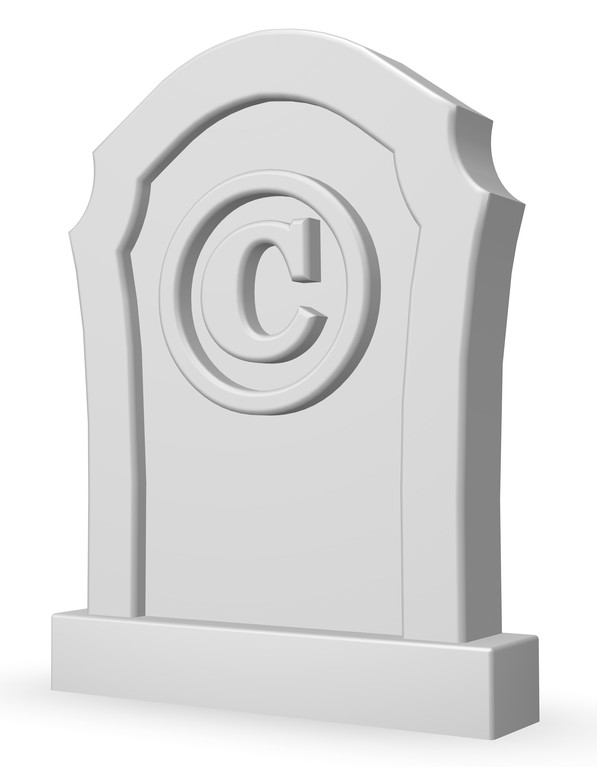
Piracy site Newzbin2 closes for good
Newzbin2, a site offering links to pirated content, hit the headlines back in November 2011 when a successful court case brought by the Motion Picture Association led to it being blocked by a number of major ISPs in the UK, including BT, Virgin Media, Sky, and TalkTalk.
The website responded in bullish fashion by rolling out an encrypted software client to circumvent the ban and switching to a Spanish domain to avoid the threat of domain seizure, but the adverse publicity meant that payment providers were unwilling to work with the site, leaving the owners unable to pay the hosting costs. Despite this, Newzbin2 struggled on, offering an increasingly unreliable service, until today when it finally closed for good.

One in six UK users download or stream media illegally
A new report from Ofcom reveals that one in six Internet users in the United Kingdom access films, TV shows, music, or eBooks through illegal means. Published this week, the first results from an ongoing study of Internet users aged 12 and above also reveals that 47 percent are unsure whether the online content they download, stream or share is legal or not.
During the three-month period from May to July 2012, Ofcom found that the levels of infringement varied considerably depending on content type. For example, while 8 percent of users accessed music illegally and 6 percent consumed films that way, just 2 percent downloaded games and software. That said, of all the computer software obtained online, 47 percent of it was acquired illegally.
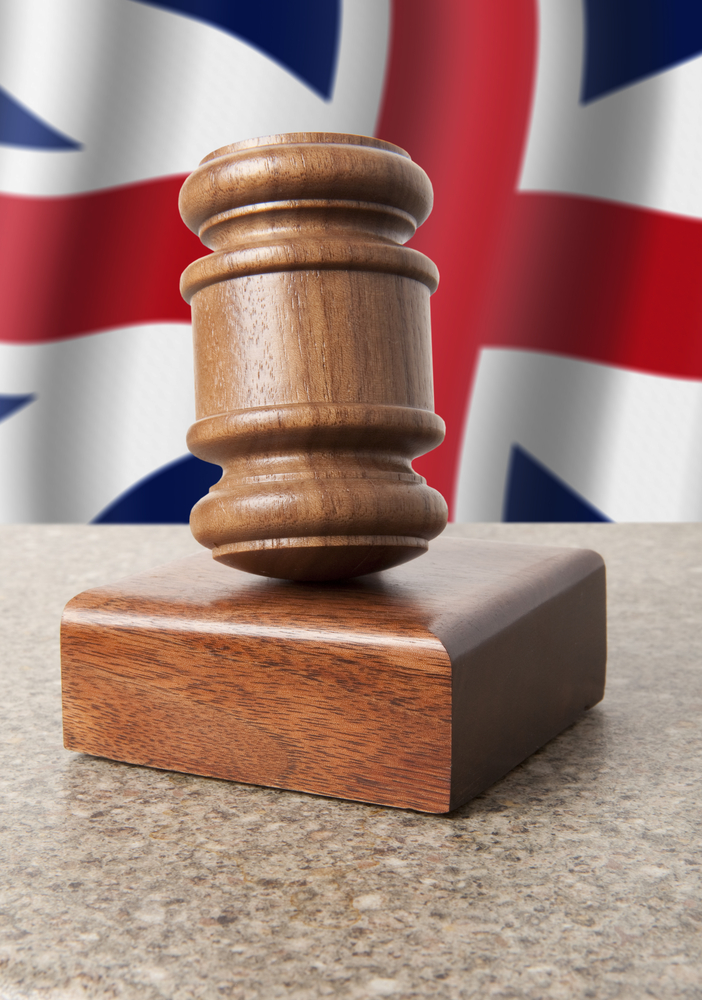
Apple's Samsung apology includes 'false material'
As expected, Apple has come in for some blistering criticism from the UK courts over its refusal to publish a straightforward apology stating that Samsung did not copy the iPad.
The full ruling of the court of appeal hearing, published today, pulls no punches, describing Apple’s compliance with the newspaper advertisement order (in which it was instructed to publish an apology in several UK newspapers and magazines) as "lackadaisical at best". The recent statement published on its website was found to be even more serious as it contained "false material" and made out the case as about Samsung copying the iPad, when it wasn’t. (It was actually about whether Samsung had copied Apple’s registered design.)

Apple squanders its riches
Does anyone really like to be bullied? Is arrogance something most people aspire to achieve, or behavior socially embraced? You know the answers. But these qualities too much describe Apple since its sudden success starting in 2010. The company continually sticks a middle finger in the face of competitors, judges, partners, the patent system and pretty much anyone or anything else. The corporate attitude is a disaster underway that, unless checked, will ruin reputation long in the making.
The Cupertino, Calif.-based company makes many of the same mistakes Microsoft did during the late 1990s. Apple's most valuable commodity is its brand, which is being squandered at alarming pace. For a company for which so much stock share value derives from perception, the risk is huge.

Apple uses JavaScript to hide second Samsung apology
As ordered by the UK courts, Apple has finally posted the statement regarding the outcome of its case with Samsung on the front page of its website. Except it hasn’t posted the statement as such, but rather a link to it, and as you’d probably expect by now, there’s much more to the posting than a simple apology.
Go to Apple UK and at first glance it will seem as if the apology has yet to be posted. However, scroll down to the bottom of the page and you’ll find this statement:

Apple’s new (cough, cough) 'apology' to Samsung appears in UK newspapers
If you’ve been following the story, you’ll know Apple was ordered to post a notice on its UK website and in several newspapers, stating that Samsung did not copy the iPad. After losing its appeal, Apple complied, sort of, by posting a statement as directed on its site. Only instead of it taking the form of an apology, it dwelt on how uncool Samsung products are, and how the UK court is out of step with the rest of the world.
Yesterday, the UK court told Apple to take down the "incorrect" statement and put up a proper apology (and on the front page of the site, rather than on a linked page), giving it 48 hours to do so. Today Apple has complied with the first part of the order -- removing the notice -- but the replacement is unlikely to make an appearance until just before the deadline expires. However, the new statement has appeared in newspapers today, and while it follows the court’s request, it’s the sort of thing that will have the already annoyed judges wanting to punch walls.

So-called technical glitch robs Firefox of 6M to 9M downloads, Mozilla claims
Almost four months ago the European Commission opened an investigation after Microsoft failed to distribute the browser ballot to Windows users. The problem, according to the Redmond, Wash.-based corporation, only affected 10 percent of PCs, but Mozilla says there's more to it than meets the eye. Microsoft claims a glitch, lasting 18 months, caused the ballot to disappear.
Harvey Anderson, who works at Mozilla on business and legal affairs, revealed some numbers that portray the impact on Mozilla Firefox downloads. Prior to Microsoft fixing the problem daily downloads of the popular open-source browser decreased by 63 percent to 20,000 per day. After Microsoft decided to fix the issue the number of Mozilla Firefox downloads increased by 150 percent to 50,000 per day. The European Commission isn't overly excited by what happened, and sent Redmond a "statement of objections". That usually implies that a fine is underway...

UK judges order defiant Apple to fix misleading Samsung apology
I wondered whether UK judges would kick in the teeth of arrogant Apple lawyers. They'll need dental work now. Today, the Court of Appeal in London delivered a figurative fist to the face in response to Apple posting a court-ordered apology that was anything but -- and actually accomplishes the opposite of its intent.
In July, UK judge Colin Birss ruled against Apple in a case charging Samsung with copying iPad's design. He ordered Apple to post an apology on its website and in major publications, to help offset the public image damage inflicted on Samsung. The American company appealed and lost. That notice, posted last week, defies the spirit of the order, an appellate judge told Apple lawyers today, according to Bloomberg.

Kim Dotcom reveals his Megaupload replacement -- Mega
You’ve got to hand it to Megaupload founder Kim Dotcom. Despite living under house arrest, his assets frozen, and facing the prospect of extradition to the United States and up to 20 years in prison if found guilty of copyright theft, money laundering and racketeering fraud, he’s pressing ahead with plans for a new file-sharing site.
Mega, his Megaupload replacement, was revealed yesterday, and despite just consisting of a holding page at the moment, was quickly overwhelmed. "Millions of users hitting at once. I'm delighted by the interest. But servers can't handle it. The new Mega will. WOW!!!" Dotcom tweeted an hour after the news broke.

Apple now owns The Beatles' iconic record label logo
Steve Jobs was a huge fan of the Beatles and would no doubt have been pleased by the news that his company finally now owns the Granny Smith logo of the band’s holding company, Apple Corps.
The two Apple firms faced off in court regarding trademark infringements three times in a long running dispute, and although the Beatles’ company won the initial two cases, in 1981 and 1991, the third case was settled in Apple Inc.’s favor in 2007 when, for an undisclosed fee, Jobs’ company secured the rights to all Apple trademarks and logos, provided they agreed to license them back to the music company. Three years later Jobs successfully brought the Beatles back catalog to iTunes.

ITC judge says Samsung infringes Apple patents
Another day, another patent story. After a spot of bad news for Apple, comes something good for the Cupertino, Calif.-based corporation. A United States International Trade Commission judge has decided in a preliminary ruling that Samsung infringed four of Apple's intellectual property patents.
The ruling will be considered by the full commission, with a result expected in February, but it’s an important, albeit early, victory for Apple as the ITC has the ability to block the import of infringing products into the US.
H-1B visa abuse limits wages and steals US jobs
The H-1B visa program was created in 1990 to allow companies to bring skilled technical workers into the USA. It’s a non-immigrant visa and so has nothing at all to do with staying in the country, becoming a citizen, or starting a business. Big tech employers are constantly lobbying for increases in H-1B quotas citing their inability to find qualified US job applicants. Microsoft cofounder Bill Gates and other leaders from the IT industry have testified about this before Congress. Both major political parties embrace the H-1B program with varying levels of enthusiasm.
But Bill Gates is wrong. What he said to Congress may have been right for Microsoft but was wrong for America and can only lead to lower wages, lower employment, and a lower standard of living. This is a bigger deal than people understand: it’s the rebirth of industrial labor relations circa 1920. Our ignorance about the H-1B visa program is being used to unfairly limit wages and steal -- yes, steal -- jobs from US citizens.
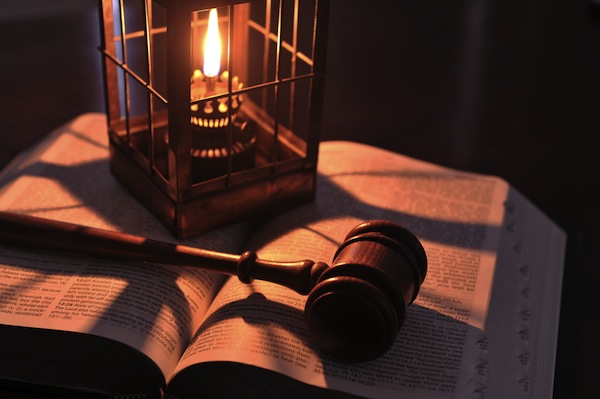
Good news for Samsung: Apple trial patents ruled invalid
Uh-oh. While Apple was launching all its new and improved products yesterday, bad news brewed in the background. I just hope the company hasn’t pre-emptively spent any of the $1.05 billion it was awarded from Samsung recently, because the US Patent and Trademark Office has just ruled that 20 patents relating to overscroll technology (the bounce effect that happens when you scroll beyond the edge of an image or document) are invalid, and that could spell problems for the Cupertino, Calif.-based corporation.
According to Groklaw, "the notorious rubber-band patent [Apple's] been going after Android with, has just been tentatively rejected by the USPTO on re-examination. Apple has two months, until December 15, 2012, to respond and try to save it".
